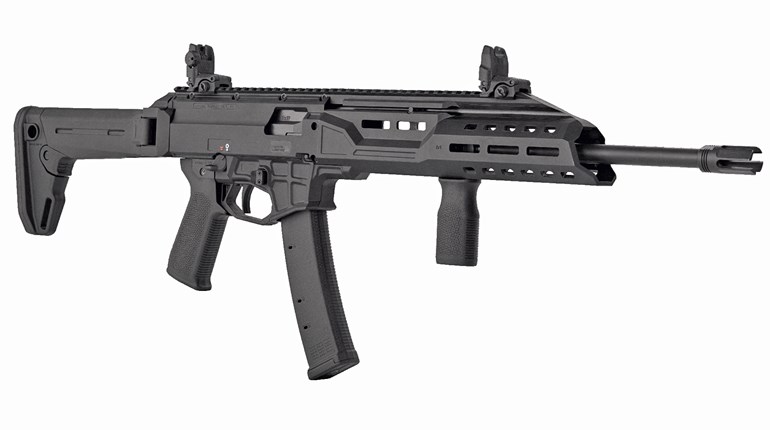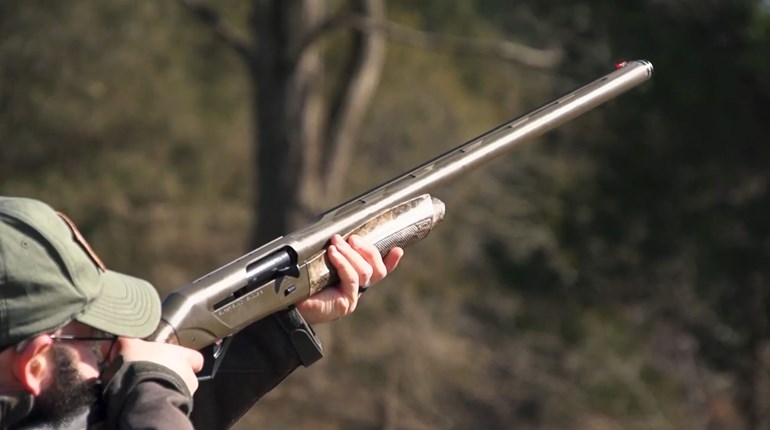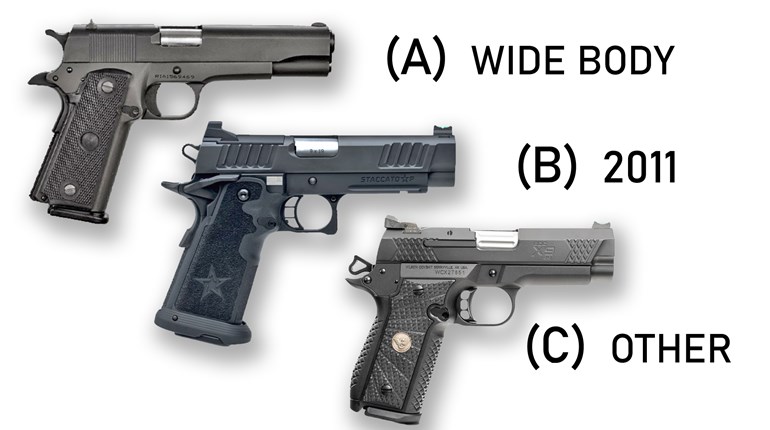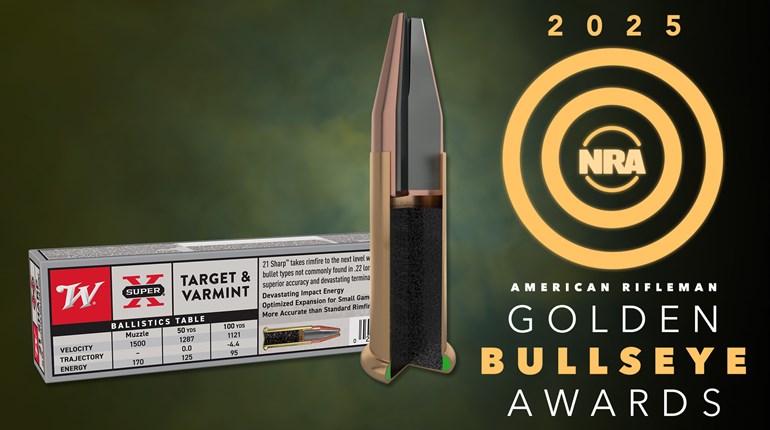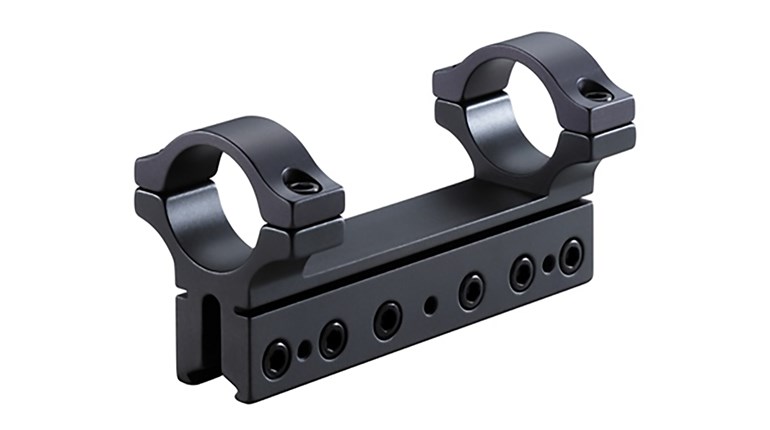
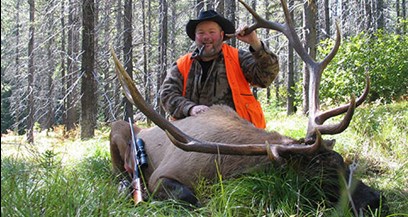 The whole short-magnum cartridge concept has been around for about 14 years—actually that’s not true. It’s been around since 1956 when Winchester shortened the .375 H&H case to make a .45-caliber rifle cartridge that would fit in a standard-length receiver—the .458 Winchester Magnum. But the modern short magnum is some 14 years old. It began with the .300 WSM and was shortly followed by the .270 WSM, 7 mm WSM and the 8 mm WSM. Wildcatters have necked the parent case up and down throughout the spectrum.
The whole short-magnum cartridge concept has been around for about 14 years—actually that’s not true. It’s been around since 1956 when Winchester shortened the .375 H&H case to make a .45-caliber rifle cartridge that would fit in a standard-length receiver—the .458 Winchester Magnum. But the modern short magnum is some 14 years old. It began with the .300 WSM and was shortly followed by the .270 WSM, 7 mm WSM and the 8 mm WSM. Wildcatters have necked the parent case up and down throughout the spectrum.
Topping the popularity list is the .300 WSM. That is not surprising. Thirty-caliber bullets have always been in the hearts of American shooters and hunters ever since the .30-40 Krag was adopted by the military back in 1892. Tons of R&D research—as well as tooling—has made .30-caliber bullets some of the most accurate available in this country. The .300 WSM replicates the ballistics of the .300 Winchester Magnum in a case that will fit in a short-action rifle. I fail to see any real advantage in this, but rifle aficionados seem to love the concept.
The 7 mm and 8 mm WSMs never really caught on. Remington pretty much owns 7 mm cartridges and has since 1963 when it brought out the 7 mm Remington Magnum. Big Green also tried to lay claim to the 8 mm cartridges, but that caliber has never generated much enthusiasm on this side of the pond. The reason Winchester tried the 8 mm WSM was that it was looking to provide .338 Winchester Magnum performance in a short-action cartridge. It could not do it with .338 bullets, but came pretty close with the 8 mm. For whatever reason, Americans have never latched on much to the 8 mm. Some say it’s because our fathers and grandfathers kept getting shot with them in WWII—I don’t really know if that is true. Nonetheless, these two cartridges have languished.
But the .270 WSM has a pretty good following. I was fortunate to be on the first hunt with this cartridge during the week of September 11, 2001. Aside from all the chaos that week provided, I found the cartridge to be quite good—noticeably flatter than the .270 Winchester that I was so used to using for deer and pronghorn. I immediately ordered a Model 70 Featherweight in this chambering and began loading and using it for much of my personal hunting excursions. If memory serves, I believe I have taken three mule deer, four whitetails, maybe a half dozen pronghorns, a couple of wild pigs and an elk with this cartridge. The only animal requiring more than one shot was the mule deer buck I shot on September 12, 2001. That buck, I felt, needed a second anchoring shot, but in reality it probably did not.
I’ve used factory loads and handloads. Because its velocity runs in the 3,300- to 3,500-fps range, I usually prefer a relatively strong bullet like the Barnes TSX, though recently I have tried some Berger 130-grainers, and they have performed well on whitetails and pronghorns. With the TSX bullets, I have used them from 110 to 140 grains. The 110-grainers were loaded to 3,485 fps, according to my chronograph, and shoot like a laser out to 400 yards. They turn off the lights of a pronghorn instantly. The 140-grain TSX brought down the bull elk you see here with one shot—he literally dropped in his tracks and did not move.
Anyway, for my money the .270 WSM is the best of the WSMs. It offers a real improvement in velocity that doesn’t simply replicate what’s already out there. Yes, the .270 Weatherby does the same thing, but it has never really caught on like the other Weatherby cartridges. I now have two rifles chambered for this cartridge, and they have pretty much earned their place as my primary hunting guns. I’ll play with others, but when I am serious about it, I’ll take one of my .270 WSMs.



























